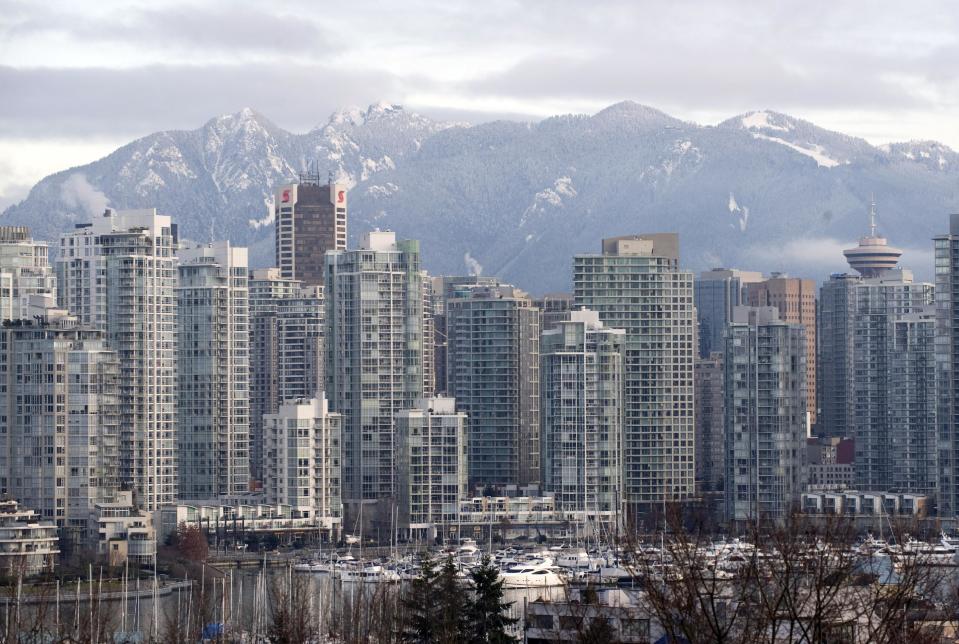Vancouver is unhappiest city in Canada: study

Vancouver may have milder weather and picturesque mountains, and Toronto a wider range of higher-paying jobs, but people in smaller cities across Canada are happier, a new study suggests.
The report, released through Statistics Canada, shows people in cities such as Saguenay and Trois-Rivieres, Que., St. John’s, Nfld. and Sudbury, Ont. have some of the highest life satisfaction levels in Canada, while Toronto and Vancouver are among the lowest.
While the study doesn’t offer an explanation as to why small-city Canada is more content, experts believe it’s the closer connection to and support from their communities.
“Part of it is because modern cities are less able automatically to provide social connections such as trust, friendly reception and ability and ease of putting down your roots, which small towns provide more quickly,” said John Helliwell, a senior fellow at the Canadian Institute for Advanced Research (CIFAR) and professor emeritus at the University of British Columbia.
“There is increasing evidence that quality of life depends a great deal on the quality of your social connections to each other, your chance to do things with and for and others, and the extent of collaboration and trust where you live.”
Adds Helliwell: “Since those are so important they should obviously get more attention than they have traditionally when we make decisions in our workplaces, in our neighbourhoods and by our government.”
The CIFAR is promoting what is says is a “new movement in economics” that measures progress by more than just job growth and GDP.
“We can measure happiness and create policy that helps to support a high quality of life for citizens,” the CIFAR said in a release, noting that quality of life measures are gaining credibility through respected global organizations such as the United Nations.
“There is now international support for the measurement of subjective well-being,” says the Economic Insights report released by StatsCan titled, How’s Life in the City? Life Satisfaction Across Census Metropolitan Areas and Economic Regions in Canada.
As an example, it cites the UN’s decision in 2012 to declare March 20 the International Day of Happiness.
The report, which includes responses from 340,000 people in 33 census metropolitan areas across Canada between 2009 and 2013, also looks at certain demographics that appear more satisfied with life than others.
For instance, it says women are slightly happier than men and people born in Canada seem more content than people who immigrated to the country. Healthy people and those who are more educated also tend to be happier, while middle-aged people are less so.
“The well-documented ‘u-shape’ correlation between age and life satisfaction—with levels lower among individuals in their forties and early fifties than among those in younger and older age groups—is reflected in the age and age-squared variable,” the report states.
It also says married people are more satisfied than those who are single, divorced or widowed.
Aboriginal people in Canada are also happier, under certain circumstances. “This correlation becomes negative when other variables, such as health status, employment status and/or household income are removed from the model,” the report states.
Who’s smiling?
Life satisfaction was highest in these 5 cities (out of 33):
1. Saguenay
2. Trois-Rivieres
3. St. John’s
4. Greater Sudbury
5. Quebec
And lowest in these:
29. Edmonton
30. Guelph
31. Windsor
32. Toronto
33. Vancouver

 Yahoo Finance
Yahoo Finance 
